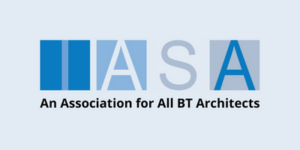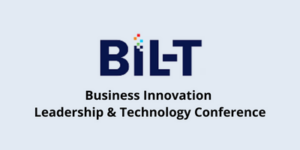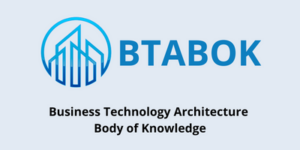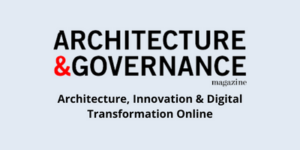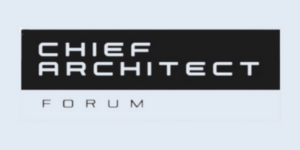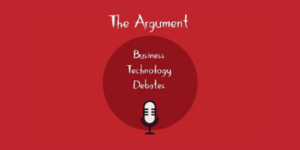Architecting for Global Good Event
THE AGENDA
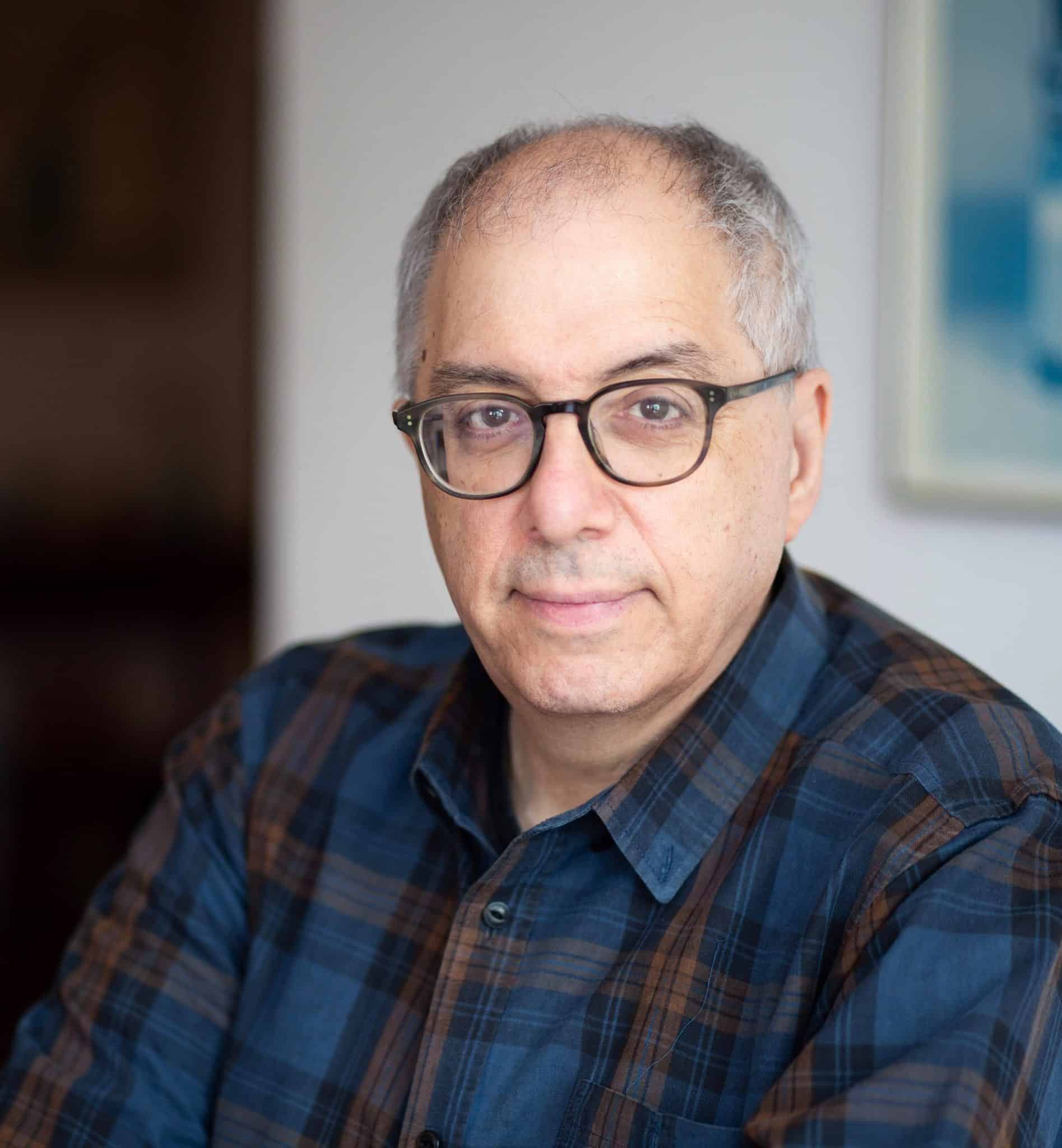
9am – 10am: The Facebook Phenomena: A Fireside Chat with Steven Levy
STEVEN LEVY
Author of Facebook: The Inside Story
Facebook represents the controversies around Architecture for Global Good: The Role of Business and Technology. In this BILT opening fireside chat, Brice Ominski and Steven Levy (author of Facebook the Inside Story) will discuss “one of the most complicated, dramatic and polarizing stories” in our time: Facebook. Its unprecedented reach as a truly global platform, its idealism and audacious terrifying mission provide lessons for every aspiring organization. There is no story that is more central to everyone today: through the recent US election, the pandemic and almost every socially relevant issue we are facing. So join us as we discuss Facebook, a study in architecture for global good.
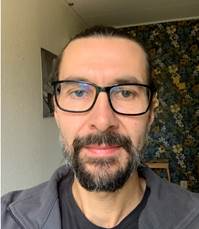
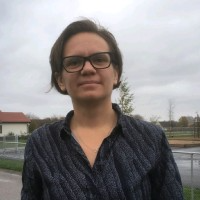
10am – 11am: Circular Business Design with People’s Needs at the Core
PETER A LINDEBLAD
Circular Business Designer at IKEA
LISA HENRIKSSON
Circular Business Designer at IKEA
In a world of looming resource scarcity and rapid change in consumer behavior there is a strong need for existing business to transform, from linear to circular. At IKEA we are in a continuous dialogue with the many people in order to understand how we can stay relevant with our offers and how we best can be a partner in solving the challenges of the everyday life at home. We have learnt that people are increasingly interested in usership rather than ownership. They see value in things, and they don’t like being wasteful. They also feel overwhelmed by clutter. For us, these insights become the starting points for explorations and for the innovation process that will eventually lead to an understanding of what capabilities that are needed in a circular business transformation.

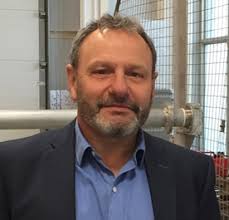
11am – Noon: Destabilizing the Global Human Trafficking Economy
JOHN MCGRATH
Senior Solution Architect for IBM Cloud
NEIL GILES
Chief Executive Officer at Traffik Analysis Hub
IBM’s 3 year investment in the build of Traffik Analysis Hub using AI, IBM Cloud, and a range of technologies to offer every actor the analysis they need to undermine the errant economy of human trafficking, a $150bn / year global business. Incorporating partner offering, such as the IBM i2 + TAH virtual workbench, the Red Flag Accelerator of financial typologies and risk dashboards for business supply chain accountability. Partners from law enforcement, financial services, business, NGOs large and small and academic institutions all sharing what they know and using the analysis to do what they need to.
Join Neil and John to see how this platform has relevance to every relationship IBM has.
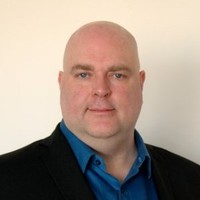
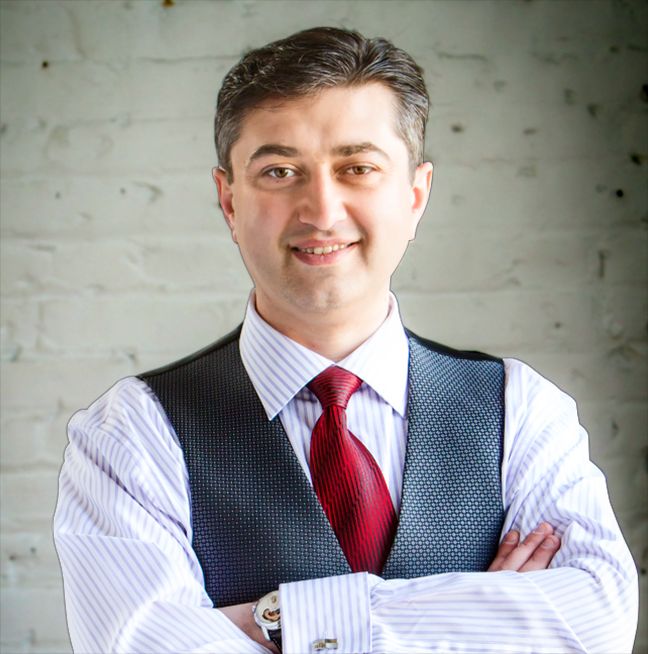
Noon – 1pm: Sustainable Supply Chains and Blockchain
BRICE OMINSKI
IASA CITA Distinguished Architect and Director of Enterprise Architecture for iRangers
MISHA HANIN
Co-Founder and CEO of DeepDive and iRangers
Each year the world generates two billion tonnes of solid waste. Not even 50% of this waste is recycled, resulting in billions of tonnes disposed of in our oceans. Already some marine scientists claim that this waste has already killed off over 90% of marine life. How can we save our planet by moving the world toward 100% verifiable recycling? Brice and Misha will discuss how the blockchain decentralized ledger architecture is being used to enable recycling by ensuring that each stakeholder is accountable for recycling shipping waste. This discussion will share the architecture of blockchain, the properties of this architecture, how it is used to deliver value, and the lessons that we learned from building a real blockchain recycling supply chain. Finally, we will explore other areas where blockchain will enable things like carbon tracking to combat climate change and other sustainable supply chain applications.
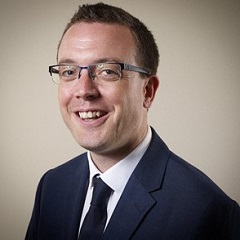
1pm – 2pm: Panel Discussion about Conscious Architectural Choices
OLIVER CRONK
GUNNAR MENZEL
NATHAN ALLCHIN
MINA FROST
BIANCA GARCEZ
CHRIS LOCKHART
Architects are responsible for advising organizations on business and technology choices. The Architecture of tomorrow needs to be compatible with Conscious Capitalism (which needs to consider the triple bottom line of social and environmental concerns as well as profits). Architects therefore need to consider the wider impacts of their recommendations and choices. Join this cross industry panel discussion to learn more about how to start the required mindset shift towards and to ensure these choices are made consciously and not by accident.
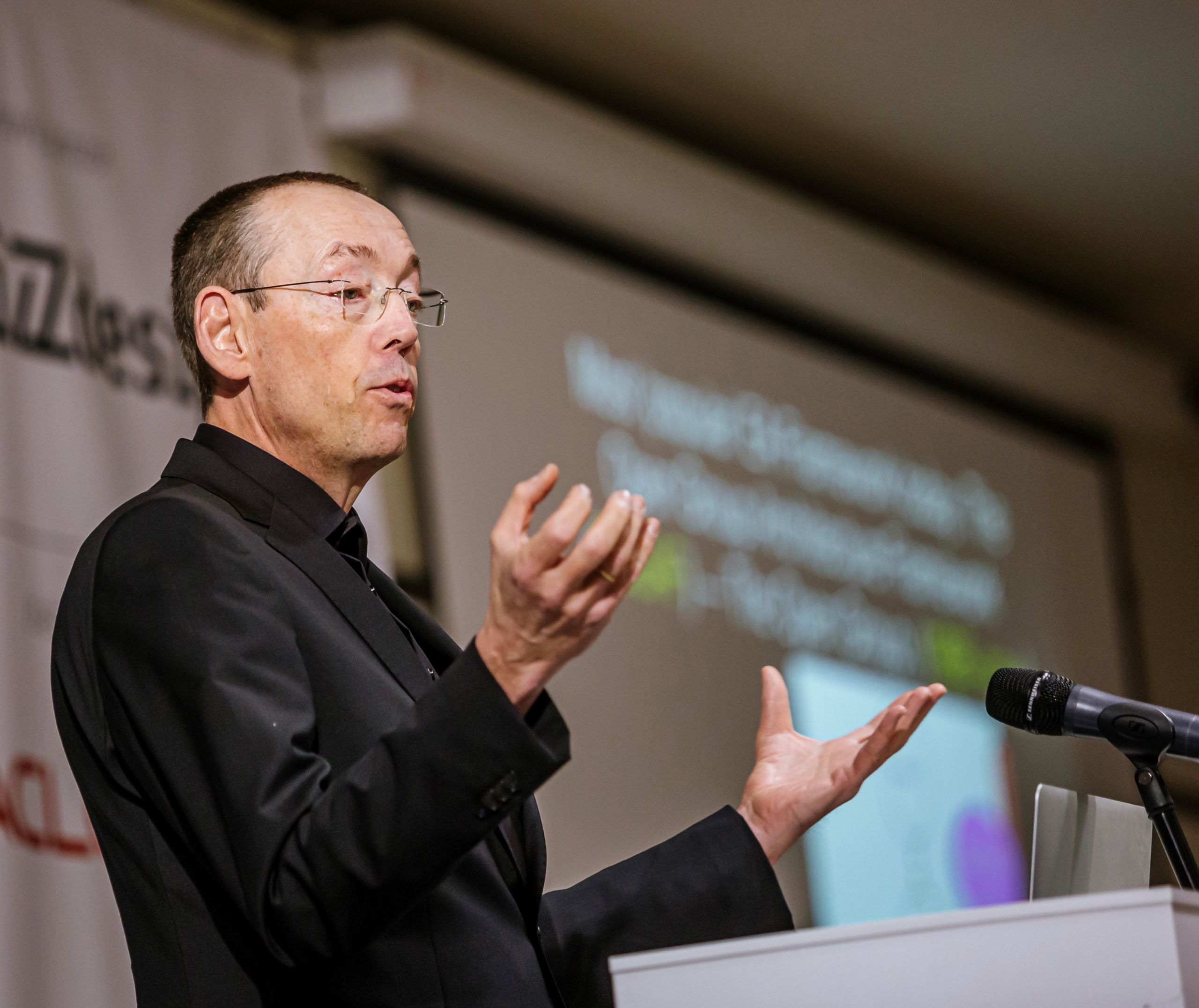
2pm – 3pm: Master or Servant? Are We Humans Still ‘Top Dogs’ in This Brave New World of Massive IT?
GERBEN WIERDA
Lead Architect, Author of Chess and the Art of Enterprise Architecture
IT used to be just a tool. Humans created the tool and humans used the tool. But some fundamental changes are happening. IT makes change of organizations harder, not easier. IT, by being a gatekeeper between us and reality, is starting to strongly influence what we believe, how we interact, and even what happens. Our freedom and our security are no longer purely physical things. We no longer seem to be the clear masters. We operate in a setting where our will and intentions are less and less instrumental in what happens day to day. What is going to happen with our position as apparent ‘masters of our environment’? And what should we do?
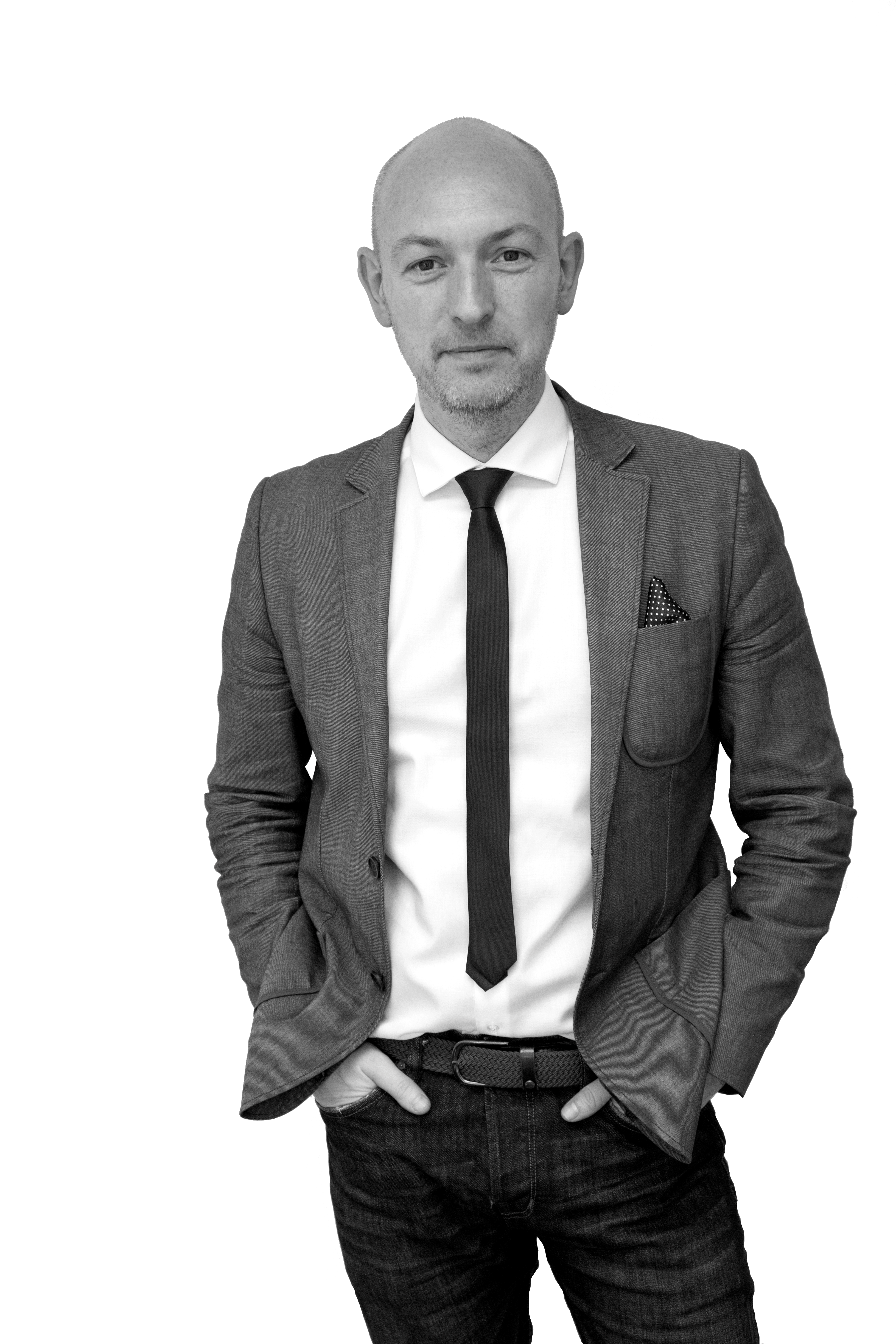
3pm – 4pm: Change the World Together
MARK MCLAUGHLIN
CEO of Do Tank
A global CPG company is on a mission to transform its packaging portfolio in support of a circular economy. They’re in the midst of a multi-year sustainable design journey in developing sustainable packaging. They wanted to answer a critical question on how they can increase consumer rates of appropriate package disposal of their products. In this session, Marc McLaughlin, will take you through how this global CPG firm got to this key moment and elaborate on the Sustainability Packathon, its purpose, outcomes, and impact. You’ll learn the key ingredients to successful strategic change through forming high performing communities.
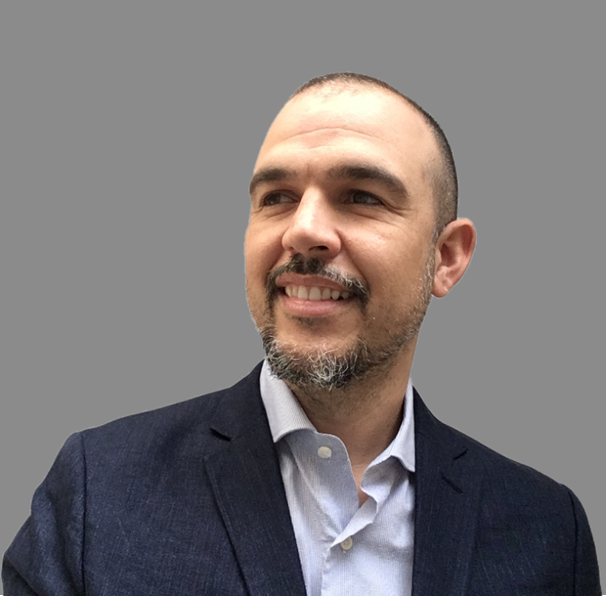
4pm – 4:30pm: Growing the Business Using a Responsible AI
PABLO JUNCO
Chief Technology Officer (CTO) and Responsible AI Champ for Microsoft Latin America & Caribbean
In this session, Pablo will discuss why AI to grow your business, top uses cases by industry, sources of risks when using AI, six principles for a responsible AI, and office of responsible AI.
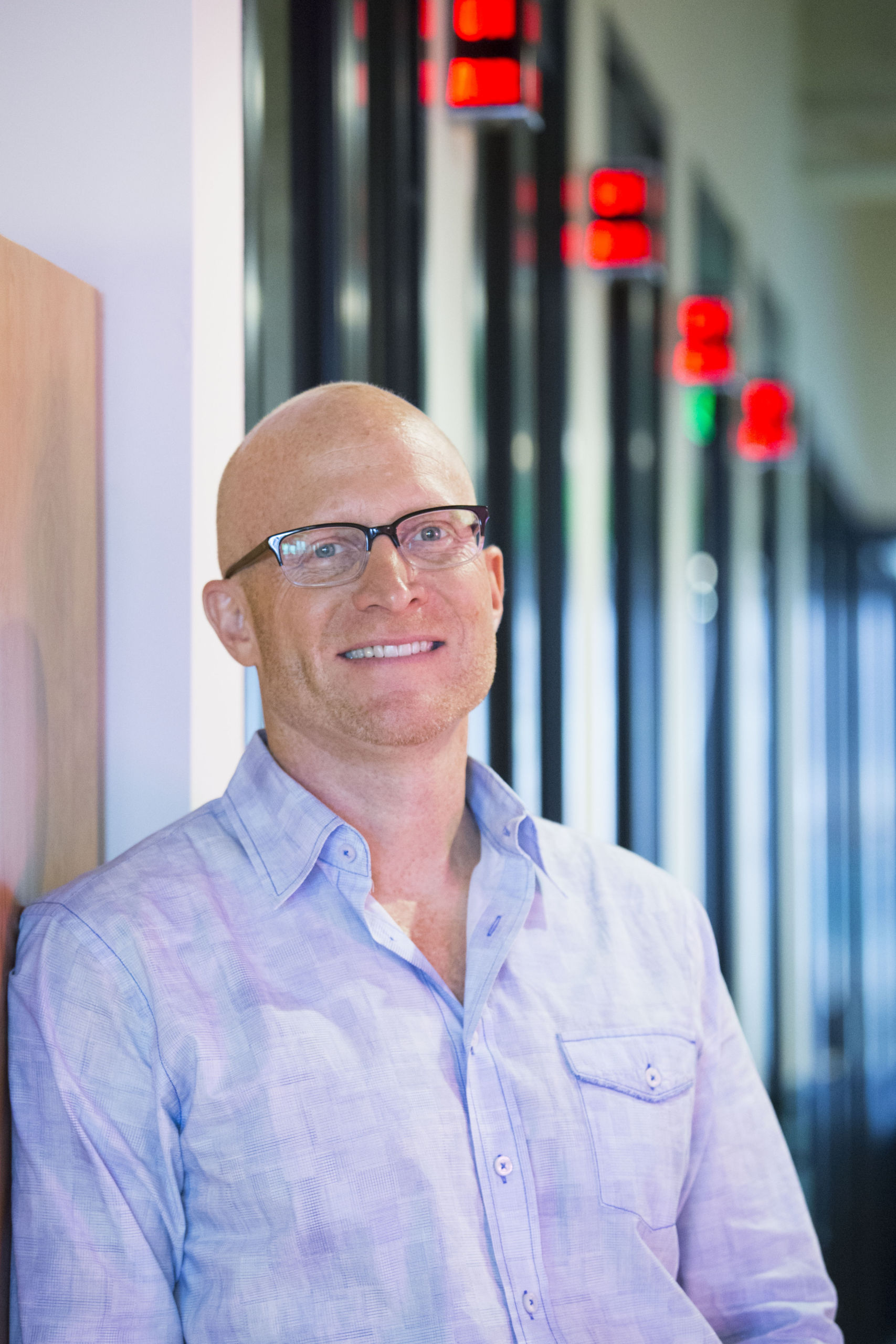
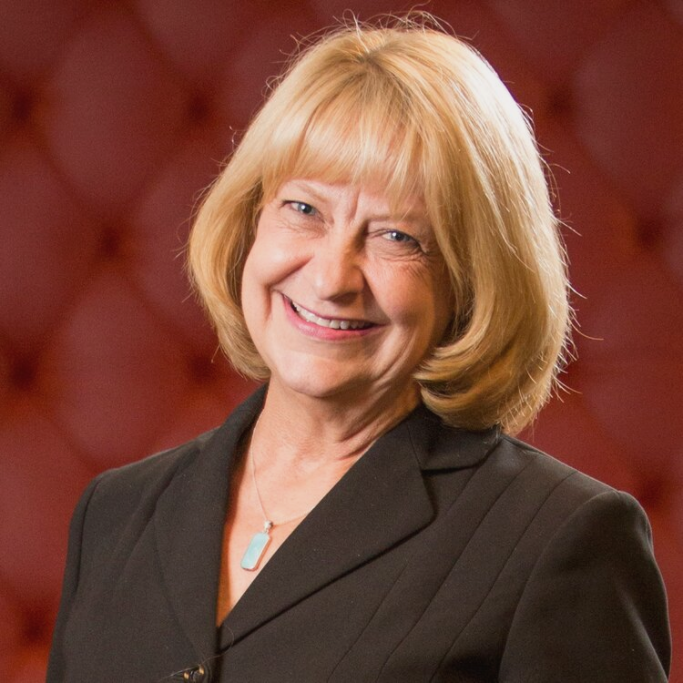
4:30pm – 5pm: Using Technology to Make Transportation Accessible for All
LAWRENCE WILLIAMS
Founder and CEO of Merlin Mobility
CAROL WRIGHT
Director of Easterseals Transportation Group
Merlin Mobility and Easterseals are collaborating to use autonomous vehicle technology to increase accessibility to transportation for older adults and people with disabilities.
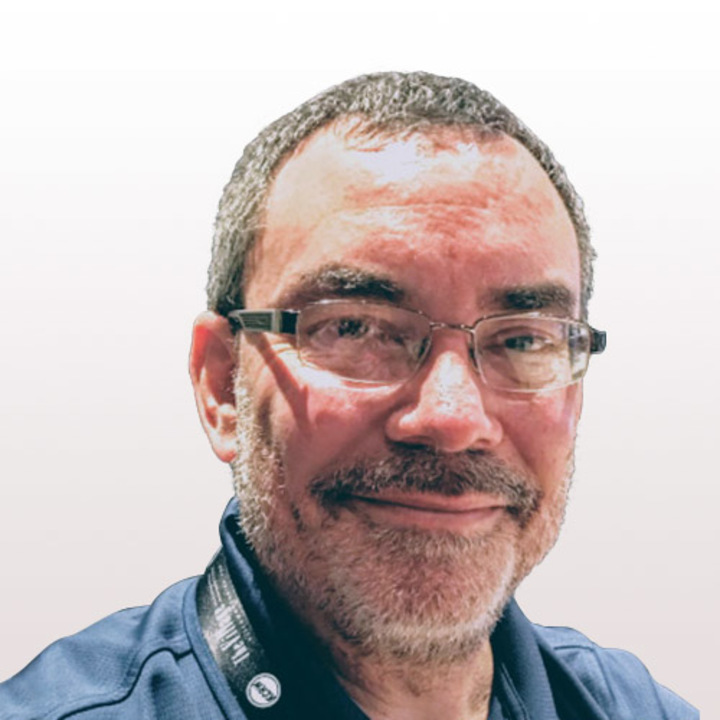
5pm – 6pm: Sustainable Software Systems: Meeting the Challenge of the Future
MIKE AMUNDSEN
API Strategy Advisor, Mulesoft
What does ‘sustainability’ mean and how can it be applied to creating software-driven systems? What are the challenges we face when we try to create a sustainable system? How can we reach sustainability in software without incurring needless cost and complexity? Is sustainability in software a worthwhile goal?
In this talk, Amundsen introduces the three pillars of globally sustainable systems: Profit, People, Planet and shows how now, more than ever, we all have a role to play in the health and well-being of communities in which our companies live. See how you and your organization can take action starting today to meet the challenge of the future with sustainable software systems.
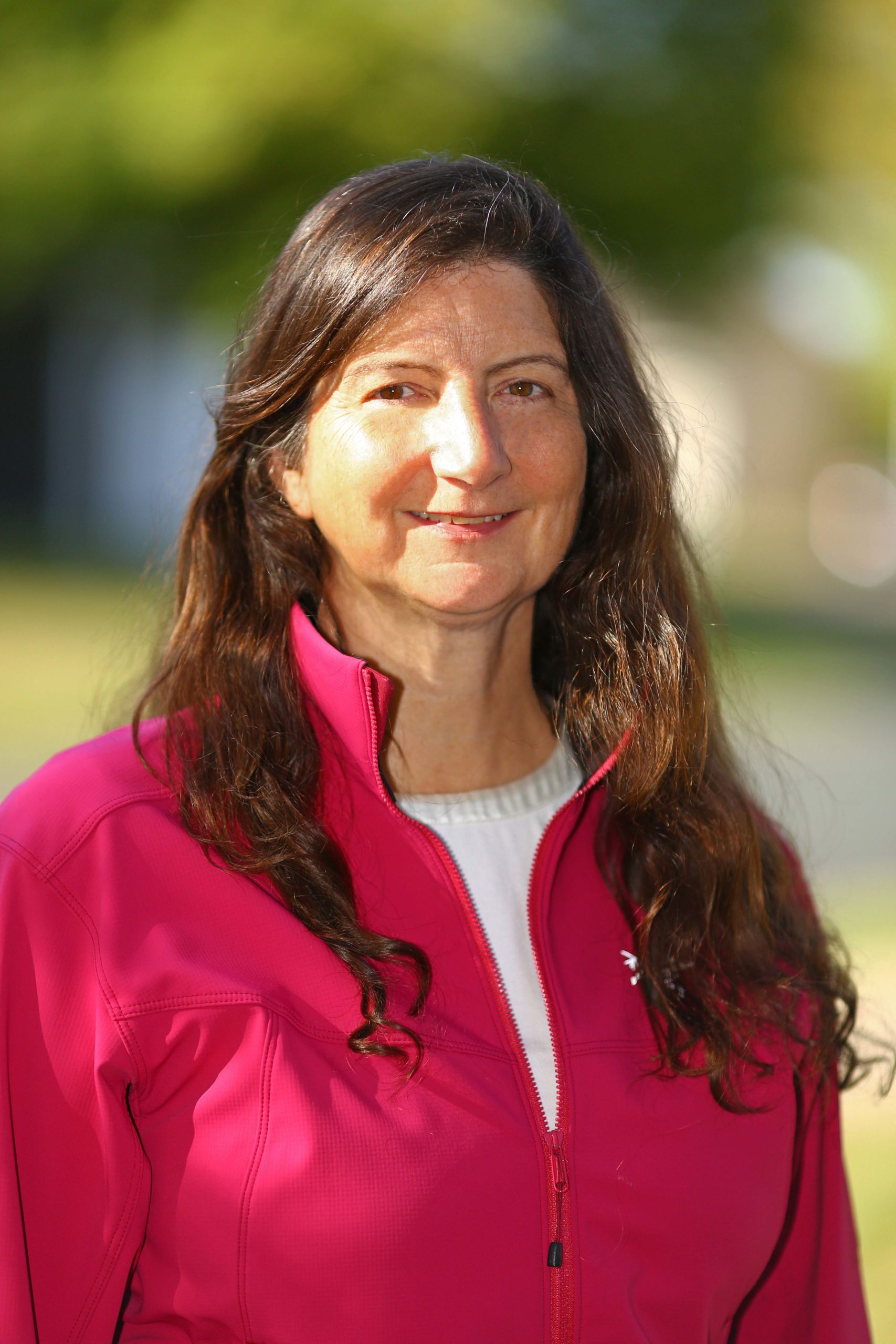
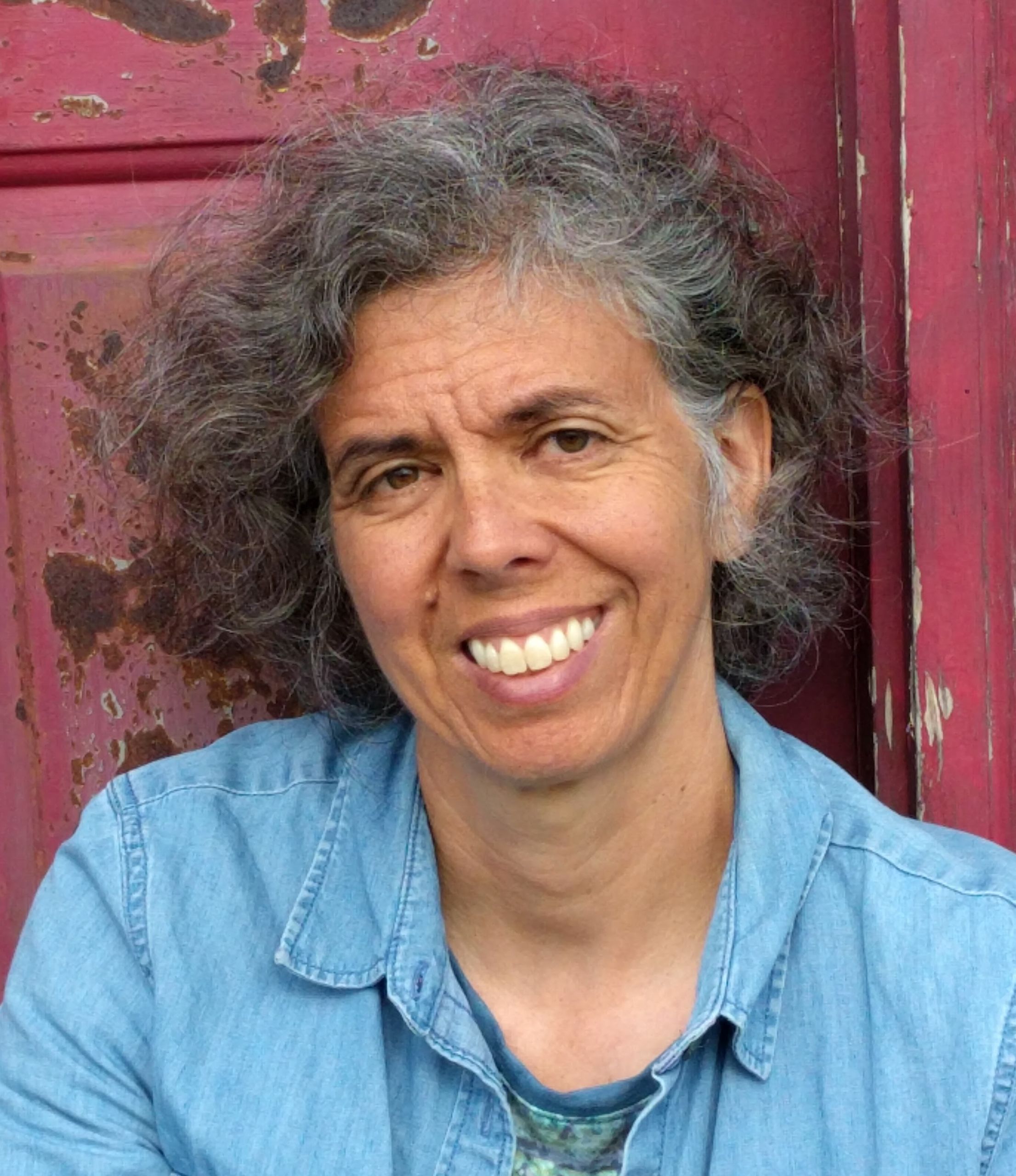
6pm – 7pm: Using Business Architecture to Help Non-Profits Succeed
MARY AUER
Business Systems Consultant with AIM
GABRIELLA TSURUTANI
Business Analyst with MNIT Services
The Twin Cities Business Architecture community is using their skills to help local non-profits. This session will introduce the Architecting for Good (A4G) program using their first engagement as a case study where experienced and aspiring business architects volunteered their time to bring tools and techniques that helped them clearly articulate their strategy, get a deeper understanding of their customers, define and assess the key capabilities needed to execute their strategy. As well, we will discuss lessons learned and how we are moving forward to reach additional non-profits.
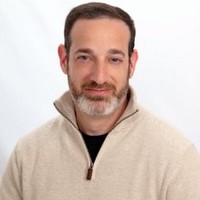
7pm – 8pm: Panel Discussion about Architecture Ethics
STEPHEN COHEN
Chief Architect, Microsoft Public Sector Services
STEVE SWEETMAN
Principal Program Manager, Ethics & Society, Microsoft
NORM JUDAH
Former Microsoft Enterprise CTO
JOE EARLY
Chief Digital and Chief Data Office of the F-35 Joint Program Office
In this highly anticipated panel, we will discuss things we should be considering and the mechanics of including them in a deliverable architecture.

8pm – 9pm: Replay of Michael Nelson’s Fireside chat: Fighting Techlash and Fear of the Future
MICHAEL NELSON
directs the Carnegie Endowment’s Technology and International Affairs Program
Techlash is a problematic obstacle for a future flourishing digital economy. General opposition to technology directly challenges the promise of a digital age of progress, prosperity and competitiveness. Techlash, this fear of the future, is gaining momentum as a generalized opposition to technology. Bans on technology adoption and stringent regulations on certain technologies are rising in popularity. Yet, policymakers need to resist techlash and embrace a sense of pragmatic realism and take steps to embrace these challenges by adopting a more realistic viewpoint. In this question and answer discussion, Michael Nelson will address some of the critical concerns and takes a stance to fight techlash and fear of the future to support a genuinely vibrant digital future and promote greater equality for everyone.
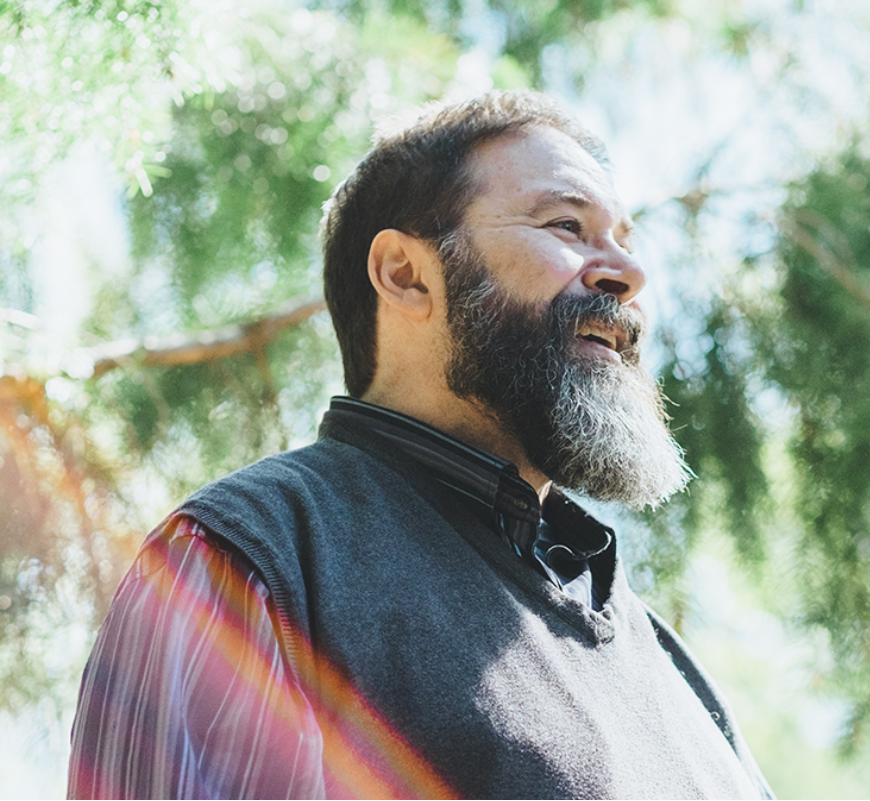
9pm – 10pm: Microsoft Services Disaster Response (MSDR)
LEWIS CURTIS
Co-Founder and Director of Services Disaster Response at Microsoft
Come get an insider’s view on how the MSDR Task Force Teams helps communities in multiple mobilizations around the world. Discover first-hand best practices from responders on the ground, what strategies they leveraged to solve unique needs, and how MSDR was able to impact these responses with technology assistance.
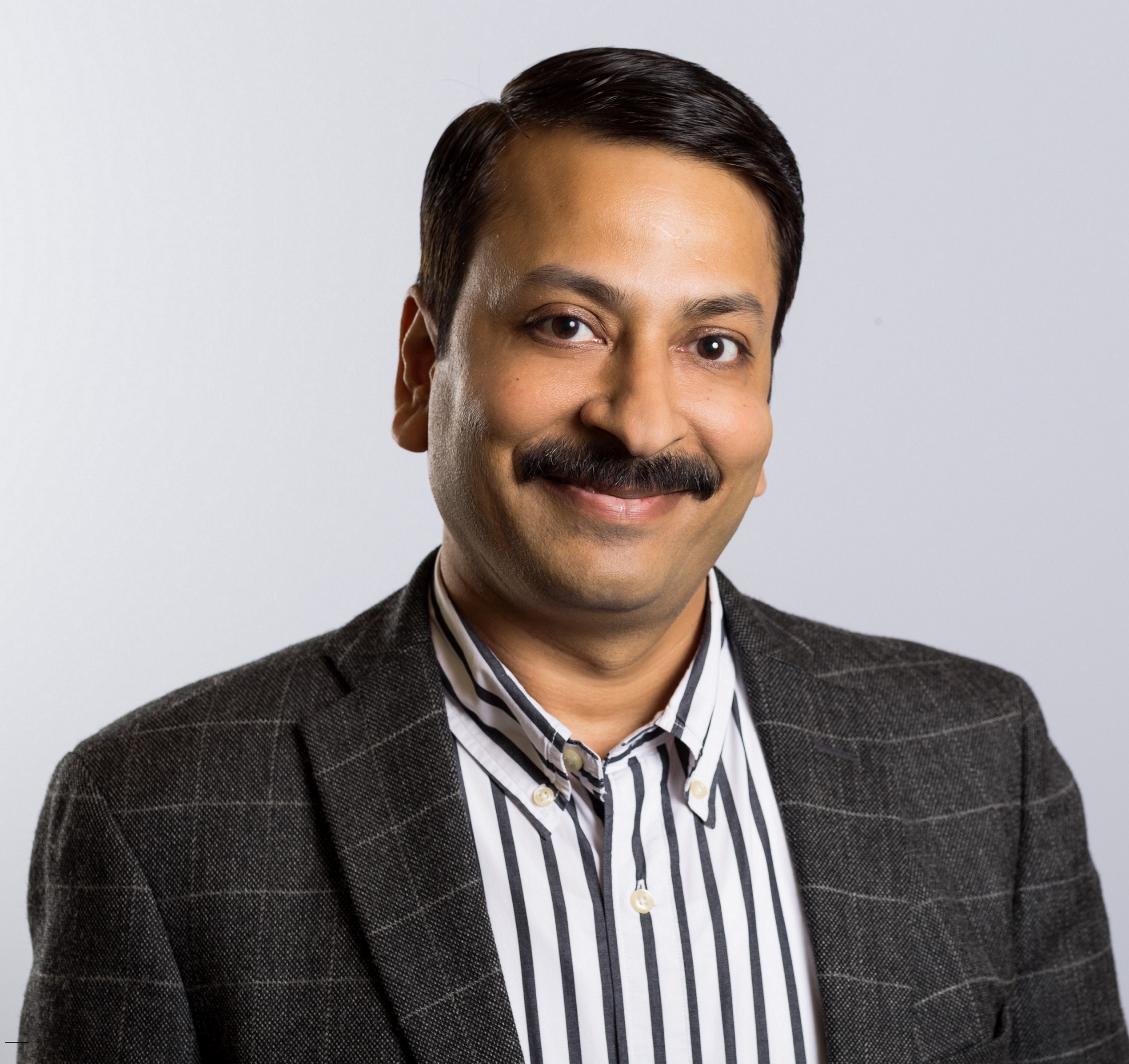
10pm – 11pm: Respond, Reset, Renew for Covid Response Using Low Code / No Code Platform
GAURAV AGGARWAL
Vice President at Avanade
- Respond, Reset, Renew approach required for accelerated response in current time
- Use of Low Code / No Code platforms to solve tough challenges for Human Impact and Global Good
- Success story
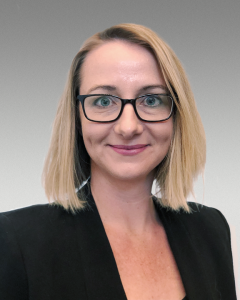
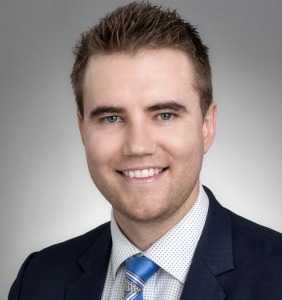
11pm – 12am: Using Business Architecture and Human-Centered Design to Utilize Technology Effectively in Improving the Lives of Indigenous Australians
FRAN METHER
Principal Consultant, Head of Research, Design & Innovation at Evolve & Amplify
JAMES MCPHILLIPS
Principal Consultant, Agile and Delivery Management at Evolve & Amplify
How can technology and organizational transformation improve the lives of Indigenous Australians and what role does Business Architecture and Human-Centred Design play in supporting this transformation? Evolve & Amplify partnered with the Australian Commonwealth Agency, the National Indigenous Australians Agency (NIAA), to deliver an ICT strategy that was achievable, provided actionable direction and was aligned with the agency’s strategic direction and corporate plan. The multi-disciplinary approach incorporated journey maps and personas to tell a rich story and help staff see themselves and their customers within the broader strategic plans. Using these combined disciplines demonstrated visibility in how pain points and opportunities experienced by staff and stakeholders lead to high-level strategic outcomes, ensuring the strategy is business focused and not technology led. Evolve & Amplify successfully delivered an ICT strategy that tells the story of NIAA and how ICT can be used to provide greater operational efficiency, develop new ways of working and enable staff to focus on improving the lives of Indigenous Australians.

12am – 1:00am Covid-19 Telehealth Solution
BHAGVAN KOMMADI
Director of Product Engineering, Value Momentum
We have built an AI Deep Learning platform for the doctor’s community and telehealth support for patients during the COVID-19 lockdown. The doctor’s community interacts related to cases and triage for different patient cases. They can extend telehealth support using medical practice management solutions. Patients can order medicines online through integrated pharmacies on the platform. This AI based Deep Learning Platform has digital, voice, video, and knowledge assistants to provide information to the doctor using the knowledge base. AI techniques used in the platform are NLP/NLU, conversational agents, Intelligent Assistants, Deep Learning, knowledge studio, machine learning, knowledge mining, cognitive search, and decision-making applications.
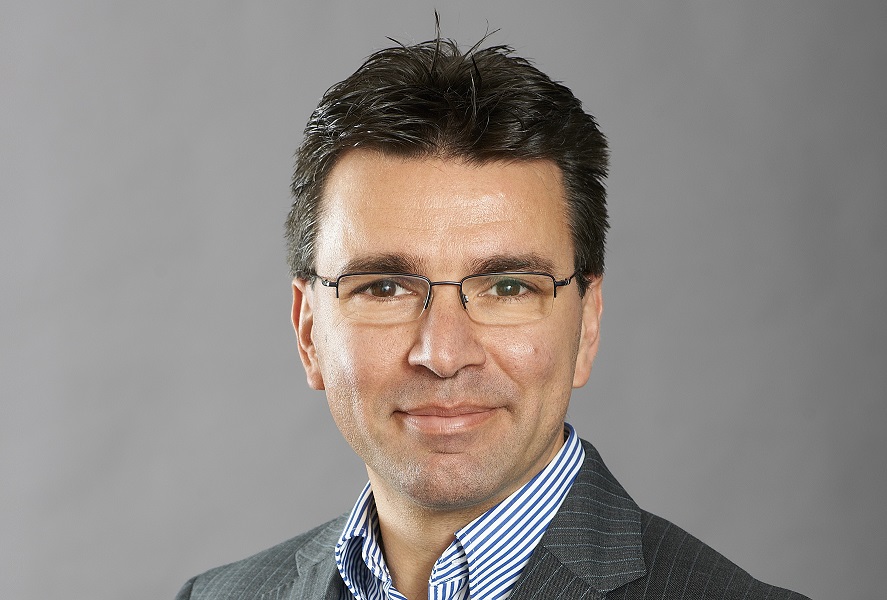
1am – 2am: Architecting Sustainable Solutions
GUNNAR MENZEL
Chief Technology and Innovation Officer for Capgemini Europe
Sustainability is a key subject for all of us and we, as Architects, have to ensure that new solutions are sustainable to ensure that any negative impacts are minimized. During the session, Gunnar will outline what the sustainability impact of IT is and how we can successfully design sustainable solutions.
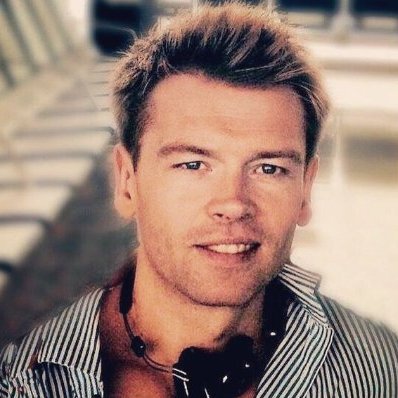
2am – 3am: Business Model 2.0: Preparing For the Next Phase of Business
MICHAEL CLARK
Digital Product and Strategy Manager
We find ourselves at a great transition. The growth of technology is not stopping and is becoming more and more pervasive in our lives. This growth now expands beyond the walls of the organization. It’s no longer about the bottom line; it now stretches to broader society and brings new actors in play, bringing new challenges for leadership teams. In this talk we will bring to life where we have been, where we are heading, and what this means for businesses as they transition to the next phase of industry and importantly what needs to be done. We address the ever expansive nature of new technologies such as AI and machine learning, and what role technology teams and Enterprise architects will now have to play in ensuring business leaders consider the 360 impacts, whilst also making the maximum returns on the next generation of investments.
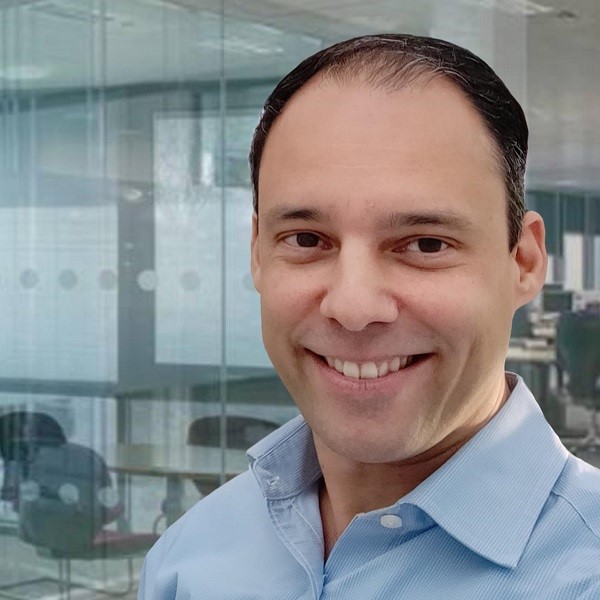
3am – 4am Your Role and the Role of Accessibility to Drive Change Through Technology
SERGIO CARRILHO
Microsoft Partner Technology Strategist
This session helps with a better understanding as to why Accessibility matters and its real purpose to drive cultural change towards inclusion.
Something to be achieved across business organizations but more importantly across our society – Technology advancements are the vehicle; you can be the enabler!
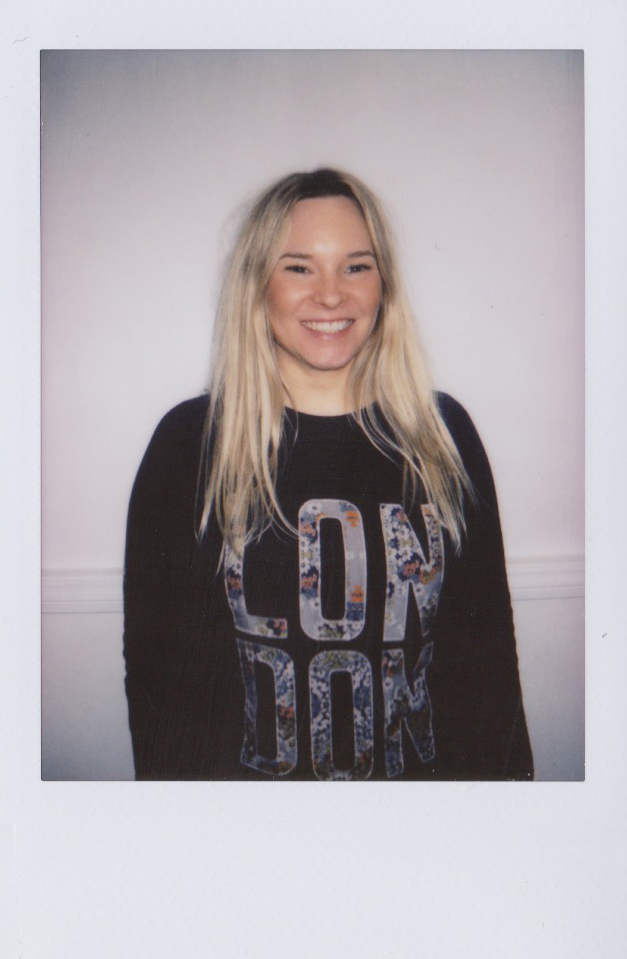
4am – 5am: Power to Connect — Combatting Digital Poverty During COVID-19 in Wandsworth
ISABEL CHAPMAN
Director of Power to Connect
Power to Connect was set up as a direct response to the COVID-19 crisis. In partnership, Wandsworth Council and Battersea Power Station launched the Power to Connect initiative with a two-pronged approach to tackle digital poverty through data vouchers and laptops. Their campaign to encourage donations of unused, working laptops, tablets, and computers was launched on April 19, 2020.
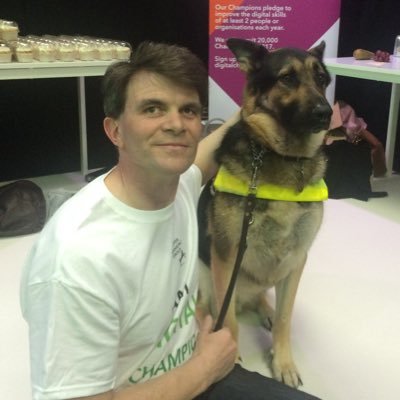
5am – 6am: Out with Accessibility – In with Inclusive Design
ROBIN CHRISTOPHERSON
MBE, Head of Digital Inclusion at AbilityNet
Widely recognized as a leading expert on accessibility and digital inclusion, Robin Christopherson of leading UK tech charity AbilityNet will explore the ‘mental 180’ we all need to undergo when it comes to considering accessibility in this mobile-first world. Packed with practical illustrations and demos – attending this one’s a no-brainer. If you’ve not come across him, Robin is a regular inspirational speaker at a wide range of events in Europe and the US, raising awareness of the power and potential of technology to transform people’s lives. His work was recently recognized with the award of an MBE in the 2017 Queen’s new-year honor’s list for services to digital inclusion.
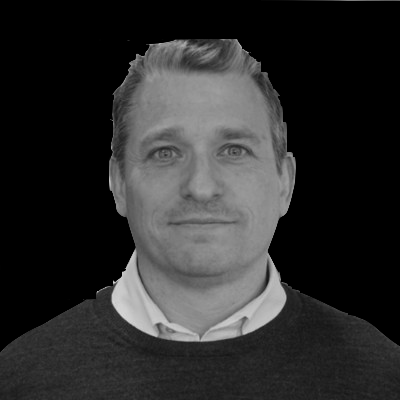
6am – 7am: The Darker Side of Digital
NATHAN ALLCHIN
Principal Consultant: Target Operating Model, and Strategic Kelper
The Darker Side of Digital’ outlines the premise that our digital tools are starting to control us, the tool users. When it comes to digital platforms how many decisions have been made for you before you get to make a choice? In today’s digital age, our ability to see the boundaries of our choices is being eroded. This is not a new challenge for our profession. The extent of it, and the way in which we contribute towards it, is.
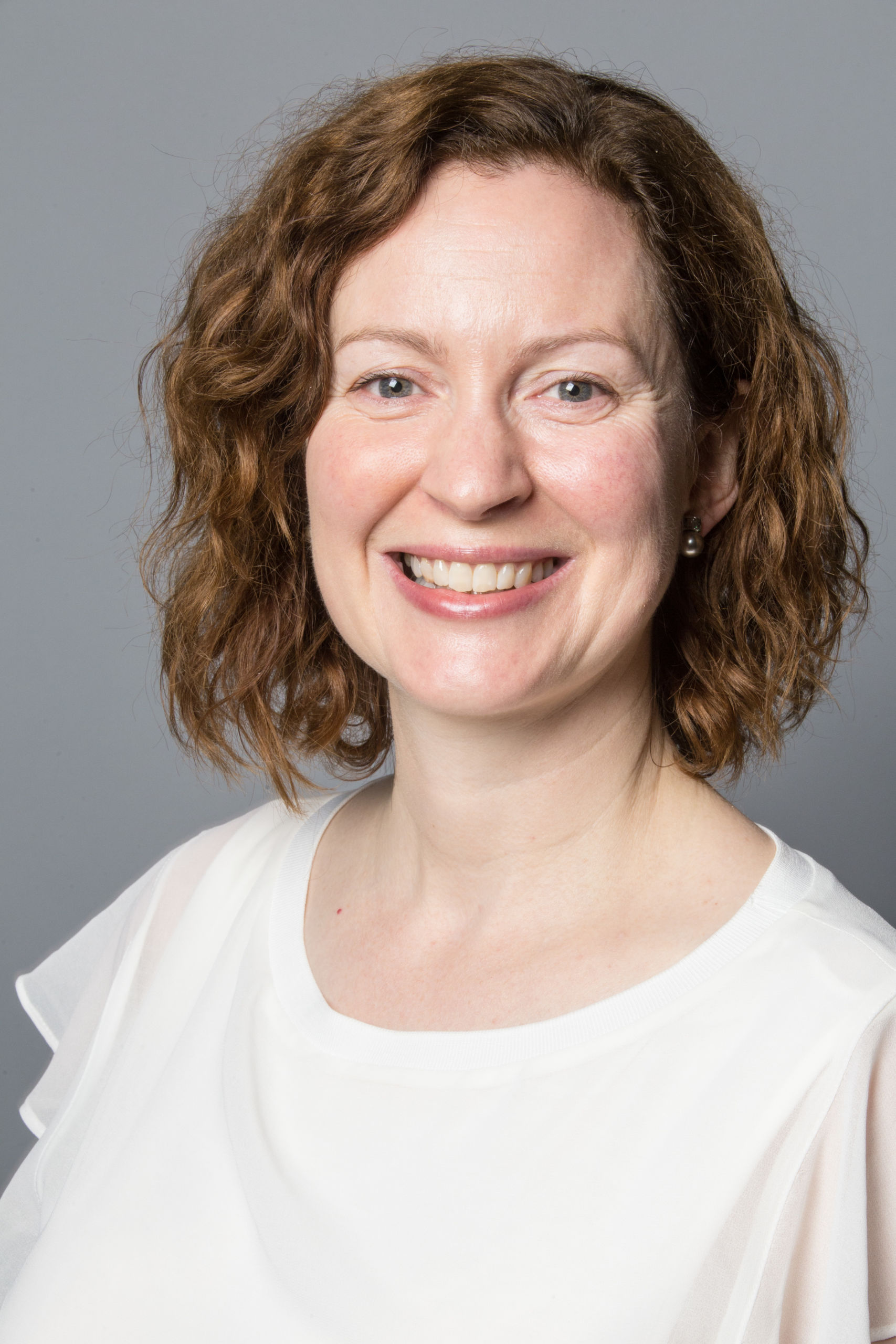
7am – 8am: From Open Source Mindset to Mindflex – How Flexing Perceptions of OSS Can Change the World
CLARE DILLON
Director of MossLabs.io
In this session Clare explores how open source can be a way to construct alternative systems of innovation and remove some of the friction that is plaguing current efforts of “digital transformation”. Open source can help build trust, promote openness and collaboration, and provide alternative pathways to get involved with technology. It can help ensure that technology is not something that is built for people but instead built with people to help us digitally transform to a world we all actually want to live in. This is particularly relevant in the context of citizen services. Clare will share some of the lessons she has learned on her journey to be an open source advocate and how we still need to flex some perceptions and institutional constructs within our ecosystems to help open source be most effective as an instrument of change.
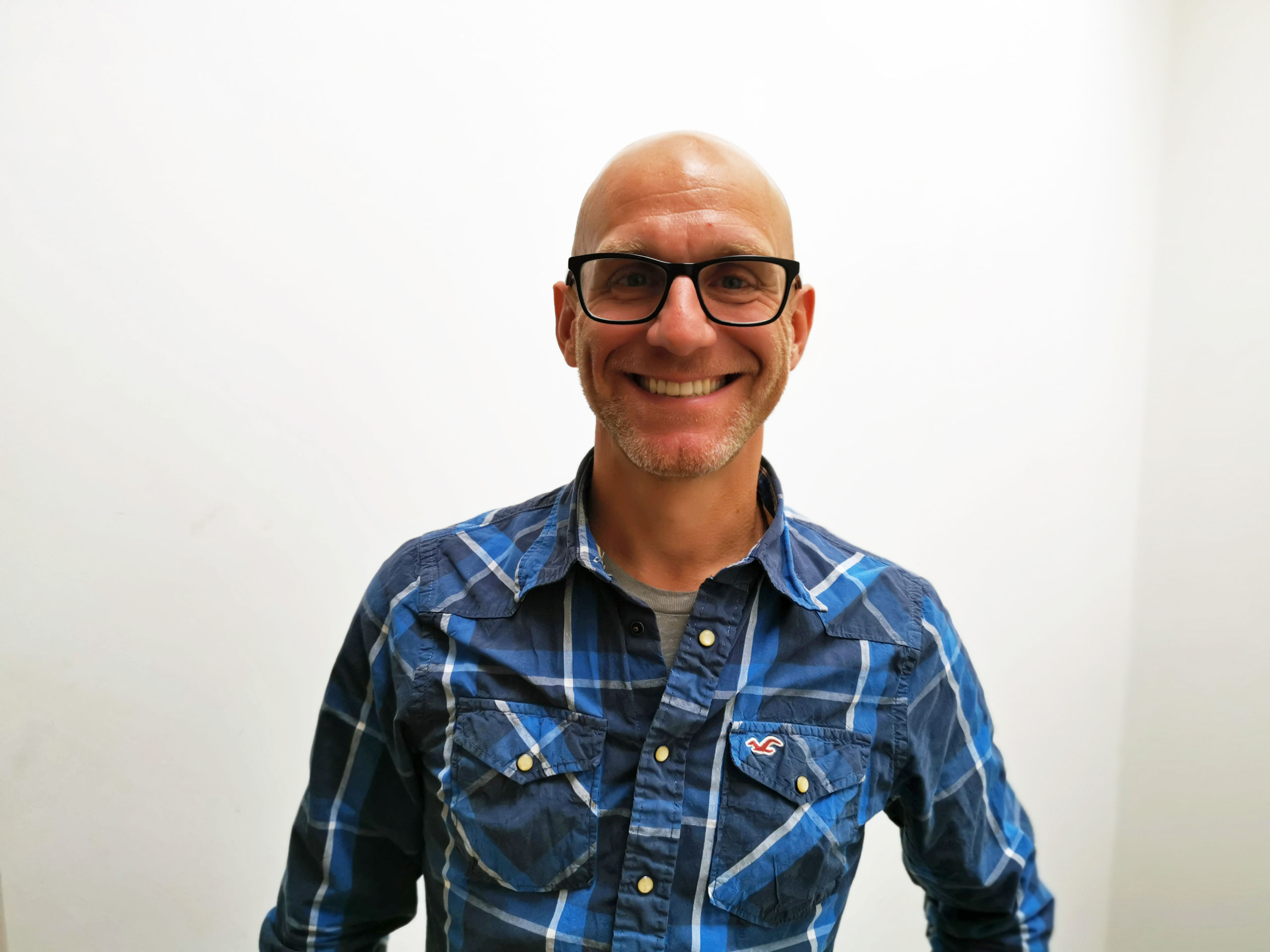
8am – 8:30am: Utilizing Digital Technologies to Transform Learning for Refugees
BEN WILKES
Chief Operating Officer at Children on the Edge
Children on the Edge is a UK registered international children’s NGO that works on behalf of some of the world’s most marginalized children. Working in refugee camps, slums, and war zones, their focus is on the early years of a child’s development with an emphasis on education. To achieve their goal of high quality service delivery in all situations, they have utilized simple smartphone technology to overcome barriers to education in Kutupalong refugee camp, Bangladesh. Their digital learning solution has seen unexpected spin offs with wider ranging opportunities for scale.
8:30am - 9am Architecting for Global Good: The Role of Business and Technology, An Editorial Spotlight
Join the BIL-T Conference Committee
Join us for a fireside chat with the BIL-T Conference Committee, where they will reflect on takeaways from the event, including trends, highlights, and what it all means for the future of our organizations and societies.


